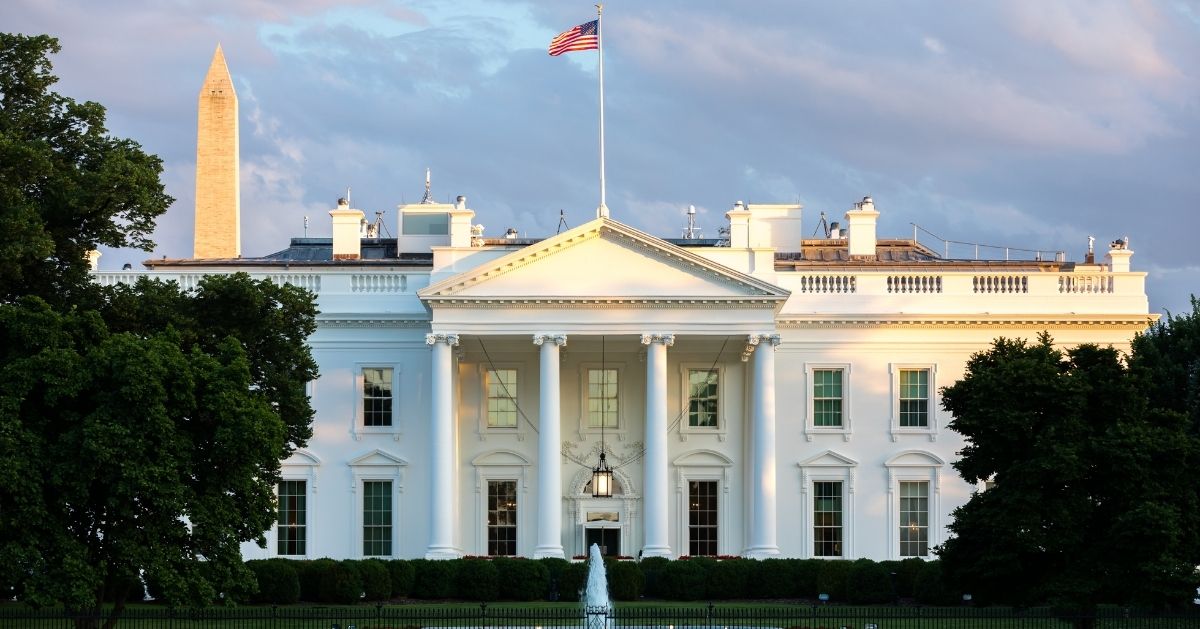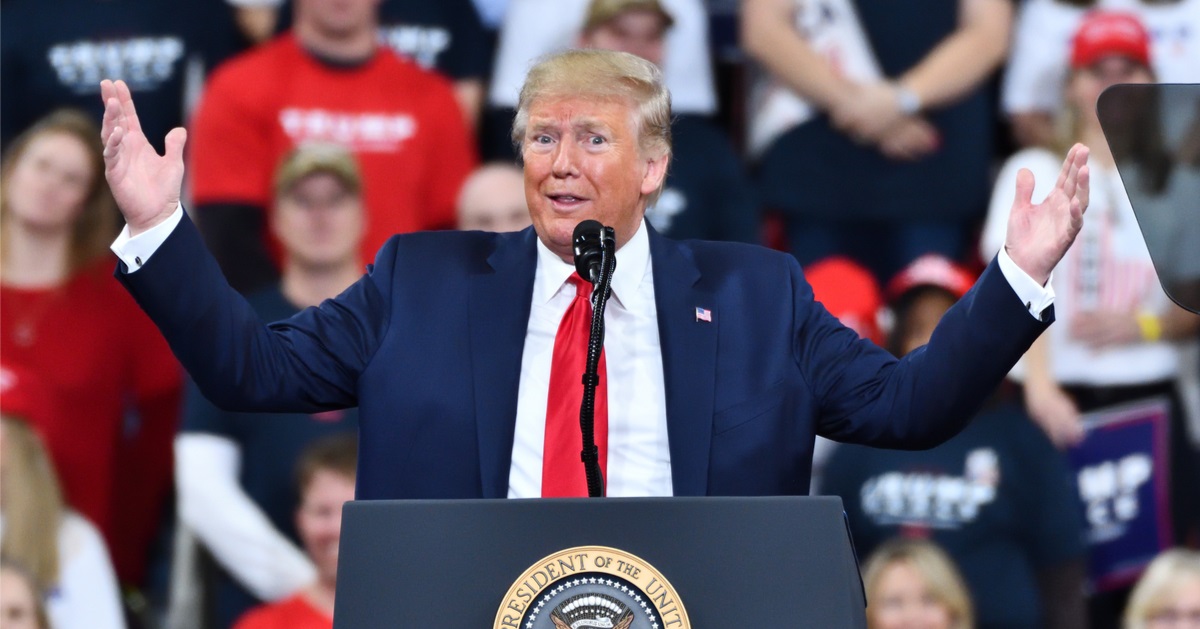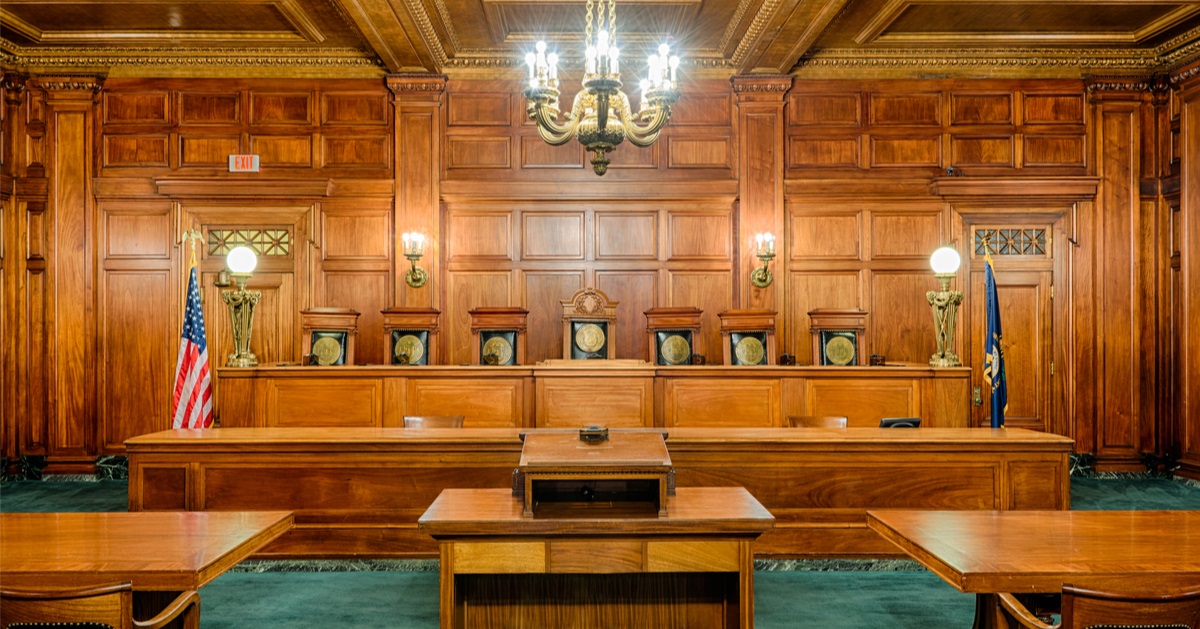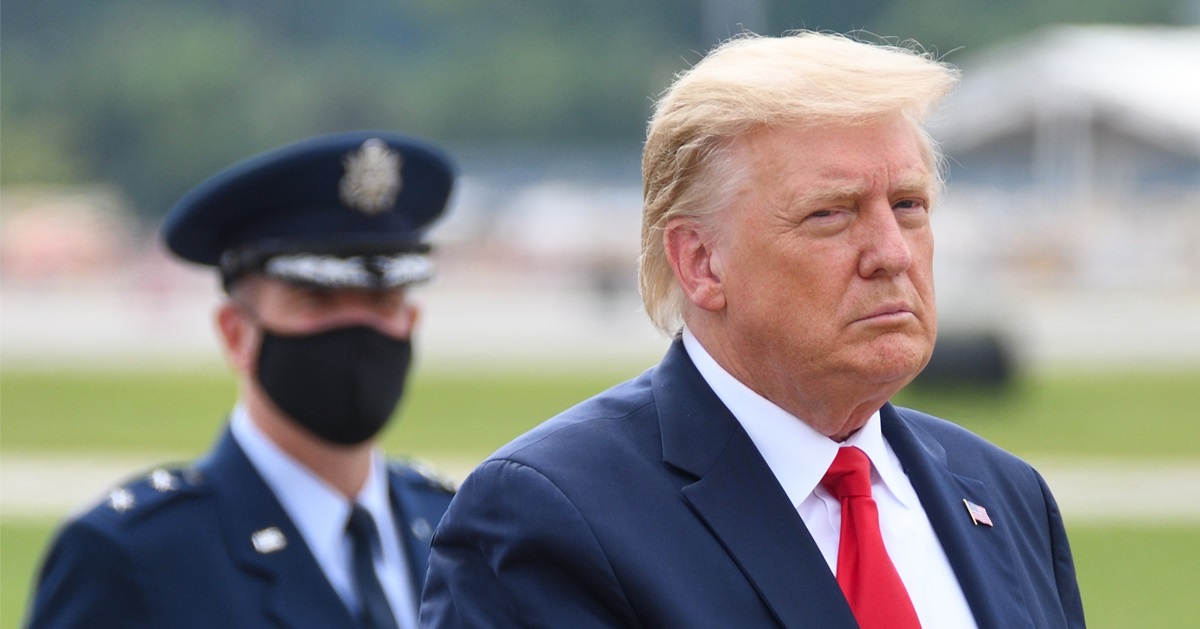Senate Democrats to holding hearings on Supreme Court's presidential immunity ruling
The Supreme Court ruled in Trump v. United States that presidents enjoy presumptive immunity for official acts and absolute immunity for actions tied to their "core" constitutional duties. Meanwhile, unofficial acts carry no immunity.
The immunity decision has left Democrats sounding apocalyptic, with The Hill reporting that Senate Judiciary Committee Chairman Dick Durbin will hold hearings on it.
Durbin slams "far-right ruling"
"Senate Judiciary Committee is holding a full committee hearing on the ramifications of the ruling from the Supreme Court’s right-wing supermajority in the Donald Trump immunity case on September 24," The Hill quoted Durbin as saying on Monday.
"Congress can't turn a blind eye to the dangers of the Donald Trump immunity decision by the Supreme Court. We're going to highlight the blaring dangers of this far-right ruling for the American people," he added.
The Supreme Court wrongly ruled that any president—including Donald Trump—can be immune from abusing the levers of government.
It’s misguided and dangerous for our democracy. https://t.co/94jOLg5XoB
— Senator Dick Durbin (@SenatorDurbin) September 9, 2024
The Illinois senator's tone appears designed to echo that of Justices Ketanji Brown Jackson and Sonia Sotomayor in their dissents.
"The court has now declared for the first time in history that the most powerful official in the United States can (under circumstances yet to be fully determined) become a law unto himself," Jackson wrote.
Justice Sotomayor claimed president could assassinate political rivals
For her part, Sotomayor's dissent was even more heated, declaring that when a president "uses his official powers in any way, under the majority’s reasoning, he now will be insulated from criminal prosecution."
"Orders the Navy’s Seal Team 6 to assassinate a political rival? Immune," she continued. "Organizes a military coup to hold onto power? Immune. Takes a bribe in exchange for a pardon? Immune. Immune, immune, immune."
Sotomayor maintained that the decision will "[l]et the President violate the law, let him exploit the trappings of his office for personal gain, let him use his official power for evil ends."
"Because if he knew that he may one day face liability for breaking the law, he might not be as bold and fearless as we would like him to be. That is the majority’s message today," she added.
Chief Justice Roberts accused dissenters of "fear mongering"
"Coming up short on reasoning, the dissents repeatedly level variations of the accusation that the Court has rendered the President 'above the law,'" he continued.
Roberts further complained that the dissenting justice's "positions in the end boil down to ignoring the Constitution's separation of powers and the Court's precedent and instead fear mongering on the basis of extreme hypotheticals about a future where the President 'feels empowered to violate federal criminal law.'"






